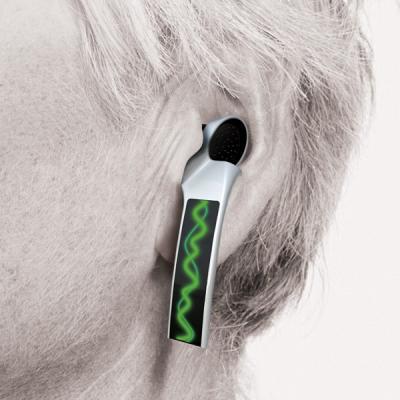Spanish explorer Ponce de Leon and his band of conquistadors is said to have marched all over sunny, subtropical Florida nearly 500 years ago in search of the Fountain of Youth.
Ironically, he may even have marched right past the spot where my anti-aging clinic now stands.
Of course, Ponce de Leon knew absolutely nothing about telomeres.
But if he and his men had taken off their armor and enjoyed a little sun-bathing, they would have done something equivalent to diving head-first into those youth-returning waters.
That's because the real secret to youth isn't hidden in a legendary fountain. It's already present in every cell in your body.
And all you need is sunshine to activate it.
Now, I'm sure that you've heard the warnings about the sun: It's dangerous and causes cancer.
As usual, mainstream medicine has got it wrong.
The truth is that if you avoid the sun your chances of getting get skin cancers are significantly higher than those who soak up its rays. And the experts know it.
Respected British medical journal The Lancet reported way back in 2004:
'It has long been realized that indoor workers have an increased risk for melanoma, compared with those who work outdoors, indicating ultraviolet radiation is in some way protective against this cancer.'1
Researchers have also found people who avoid the sun die at younger ages than those who get regular sun exposure.2
In fact, the sun protects against cancer, promotes heart health and supports a positive mood that comes from a healthy brain.
And it also keeps you young, because the sun has a direct impact on the health of your telomeres.
So Ponce de Leon, it seems, was head-deep in the Fountain of Youth, but didn't realize it.
We now know that telomeres are protective caps at the ends of your chromosomes, and they act kind of like biological clocks that control the age of your cells.
And sunlight is the key...
When the sun's UVB rays reach your skin, your body starts to produce vitamin D. This tells your body to make more telomerase, the enzyme you need to maintain and rebuild your telomeres.
When you don't produce enough telomerase, your telomeres shorten and fray each time your cells replicate... and the more you age.
That's because when your chromosomes fray, your cells don't reproduce and your tissues and organs deteriorate and die.
And along the way, you are likely to become a victim of the chronic diseases we associate with aging – heart disease, Alzheimer's, cancer, to name just a few – along with general weakness throughout your body.
But telomerase keeps your telomeres from shrinking. And current research reveals that where telomeres gain length, your cells revert to younger "behavior" and replicate into younger cells and healthier tissue.
It all hinges on whether you're getting enough of the sunshine vitamin.
- A study by the Georgia Health Sciences University found adults taking 2,000 IUs of vitamin D daily for a month increased telomerase production by 19% compared to a placebo group.3
- Another study involving 2,000 twins determined genetics do not affect telomere length, it's your vitamin D levels. Researchers reported those with the highest levels of vitamin D had telomeres five years younger than those with below average levels.4
To get enough vitamin D, you need to ignore the recommended daily allowance of 600 IUs. It's too low and that's one reason 64% of Americans are vitamin D deficient.5
So how much do you need? Well, consider that 20 minutes of sun creates an incredible 20,000-50,000 IUs of vitamin D.
To get enough vitamin D every day to protect your telomeres, here are two things you need to do:
1. Get out into the sun. It's your best source of vitamin D. You need at least 20 minutes of sun every day for pale skin tones, but 30 to 60 minutes for darker skin tones. Make sure to avoid burning, which is not good for the skin.
- If you tan as you do this, increase your exposure a few minutes every day.
- If you have sensitive skin, or burn quickly, get 15 minutes of sun twice a day – as the sun rises and sets.
2. Take 2,000-5,000 IUs of vitamin D3 daily if you can't get out into the sun because you work indoors or during shorter winter days. The best form of vitamin D3 is calcitriol, the bioactive form your body creates. When you take calcitriol supplements, it goes to work immediately.
When you get enough vitamin D by sun or supplement, you won't need the sacred waters of a fountain of youth, your cells will stay young and healthy on their own.
It also means your age is not determined by the number of candles on your birthday cake or by your genetics.
To Your Good Health,







